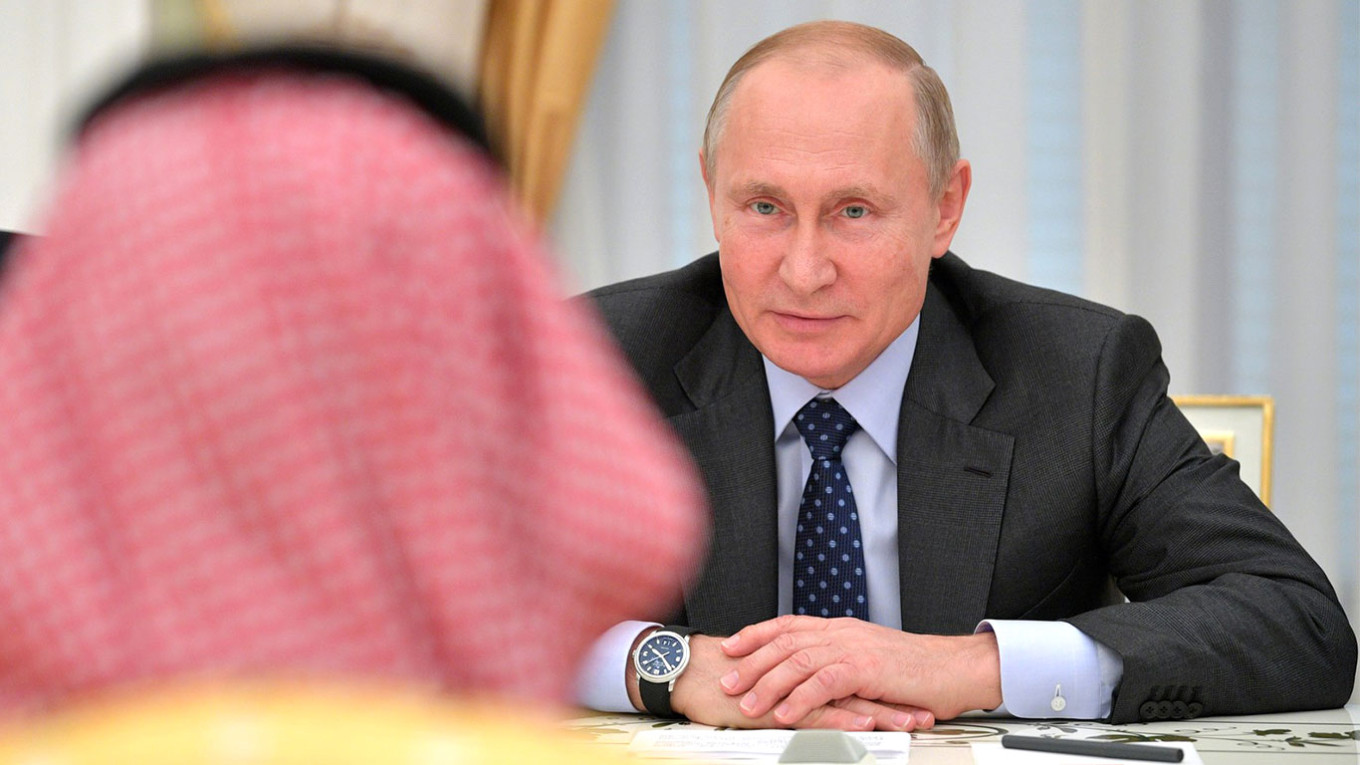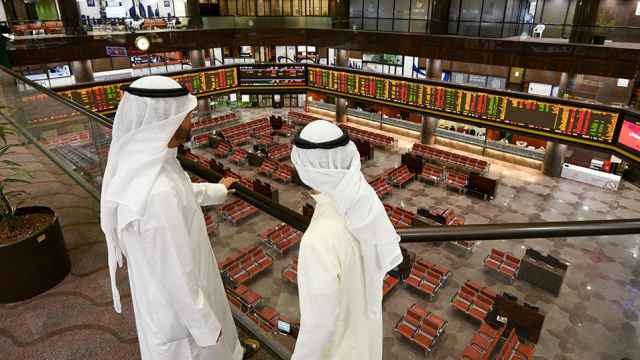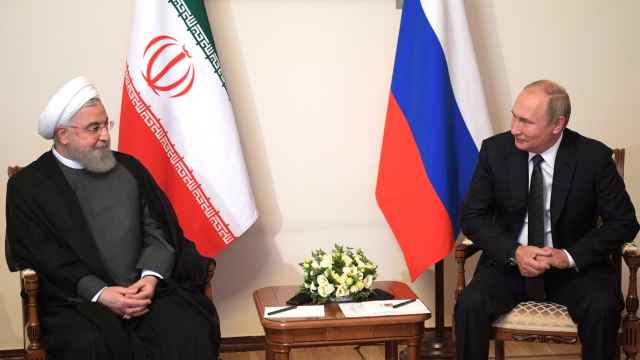Russian President Vladimir Putin and Saudi Arabia's Crown Prince Mohammed bin Salman spoke about the oil market in a telephone conversation on Thursday, the Kremlin said.
The call comes less than a week after Saudi Arabia's de facto ruler met visiting U.S. President Joe Biden.
Putin and Prince Mohammed discussed "in detail the situation on the international oil market. They stressed the importance of reinforcing cooperation in OPEC+," the Kremlin said in a statement.
The Saudi-led OPEC oil cartel has been cooperating with a number of other oil-exporting nations including Russia for several years to better control the oil market.
The group, called OPEC+, introduced production cuts during the coronavirus pandemic that helped the oil market to recover from a crash in prices to below zero.
OPEC+ nations have been gradually unwinding those cuts, but the end of Covid restrictions in most countries has seen demand rebound.
With Russia's military operation in Ukraine also triggering supply worries, oil prices have jumped briefly above $120 per barrel this year.
The Kremlin statement said Putin and Prince Mohammed noted with satisfaction that the cooperation by OPEC+ members had made it possible "to maintain the needed balance and stability on the global energy market."
The call comes as global energy markets have been marked by volatility as traders swing between concerns about supply and worries that a global recession will crush demand.
The International Energy Agency warned last week that oil supply may not keep up with demand next year.
According to the Kremlin, Putin also discussed the summit earlier this week in Tehran that brought together the Iranian, Russian and Turkish leaders – three countries which have been involved in the Syrian conflict that erupted in 2011.
A Message from The Moscow Times:
Dear readers,
We are facing unprecedented challenges. Russia's Prosecutor General's Office has designated The Moscow Times as an "undesirable" organization, criminalizing our work and putting our staff at risk of prosecution. This follows our earlier unjust labeling as a "foreign agent."
These actions are direct attempts to silence independent journalism in Russia. The authorities claim our work "discredits the decisions of the Russian leadership." We see things differently: we strive to provide accurate, unbiased reporting on Russia.
We, the journalists of The Moscow Times, refuse to be silenced. But to continue our work, we need your help.
Your support, no matter how small, makes a world of difference. If you can, please support us monthly starting from just $2. It's quick to set up, and every contribution makes a significant impact.
By supporting The Moscow Times, you're defending open, independent journalism in the face of repression. Thank you for standing with us.
Remind me later.






